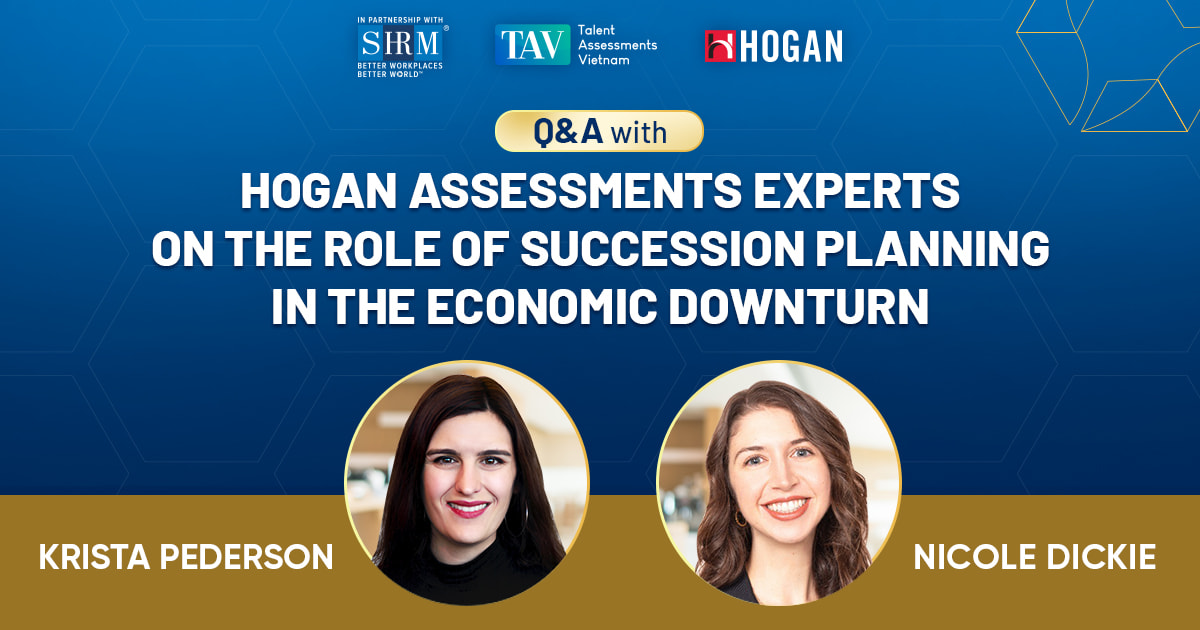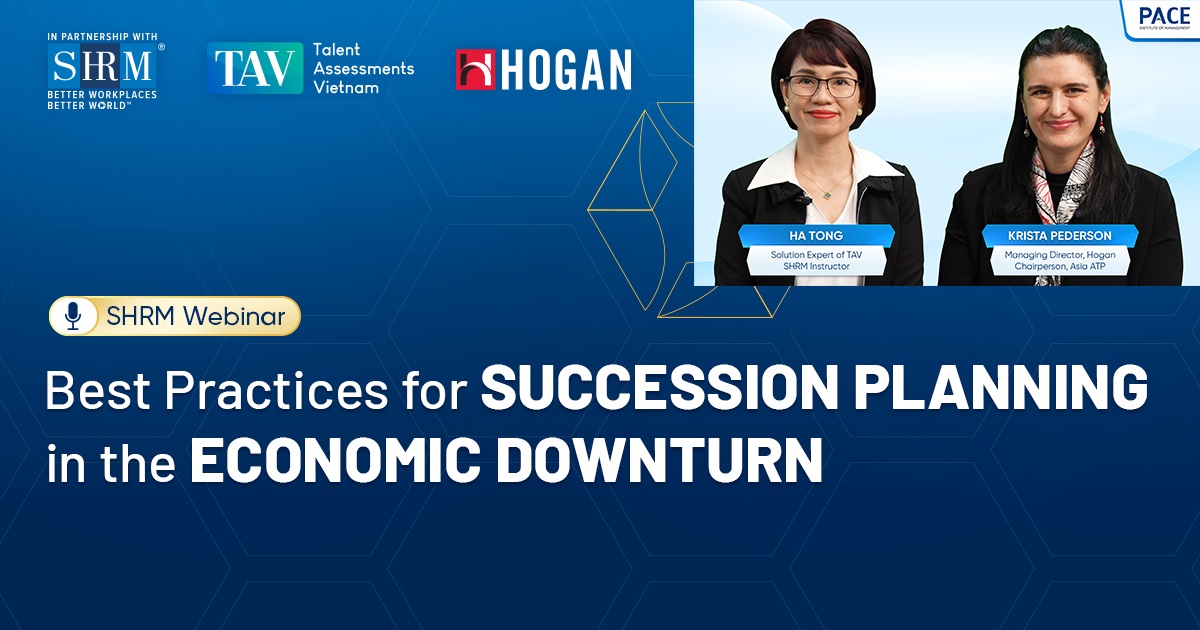WORKING WITH PEOPLE WHO AVOID CONFLICT
The fight-or-flight instinct: It's an ancient biological survival mechanism that is automatically triggered by a perceived threat.
Steve Cohen coined the term "flighters" to describe people who view conflict as a threat to their survival and whose instinctive reaction is to run away. He is the president of Labor Management Advisory Group Inc. in Kansas City, Mo., and author of Mess Management: Lessons from a Corporate Hitman (Author House, 2010). He has devoted much of his career to mediating conflicts between fighters (who thrive on conflict) and flighters (who fear and eschew it.)
The hallmark of flighters, he says, is that, when conflicts arise, their first impulse is to acquiesce. Flighters may hide behind closed office doors, camp out in front of their computer screens or bury themselves in busywork to avoid conflict. Others clam up. These stone-faced flighters have mastered the art of the silent treatment.
Steve Cohen coined the term "flighters" to describe people who view conflict as a threat to their survival and whose instinctive reaction is to run away. He is the president of Labor Management Advisory Group Inc. in Kansas City, Mo., and author of Mess Management: Lessons from a Corporate Hitman (Author House, 2010). He has devoted much of his career to mediating conflicts between fighters (who thrive on conflict) and flighters (who fear and eschew it.)
The hallmark of flighters, he says, is that, when conflicts arise, their first impulse is to acquiesce. Flighters may hide behind closed office doors, camp out in front of their computer screens or bury themselves in busywork to avoid conflict. Others clam up. These stone-faced flighters have mastered the art of the silent treatment.
Other flighters are complainers. They share their grievances openly with everyone—that is, everyone except the other party to the conflict.
Extroverts can be flighters, too. Eager for approval and fearful of angering or disappointing others, they refuse to stand up for themselves and may be too easily cowed.
According to Stuart Hearn, CEO of Clear Review, a London-based continuous performance management firm, there are three primary ways that conflict avoidance manifests itself in the workplace:
Extroverts can be flighters, too. Eager for approval and fearful of angering or disappointing others, they refuse to stand up for themselves and may be too easily cowed.
According to Stuart Hearn, CEO of Clear Review, a London-based continuous performance management firm, there are three primary ways that conflict avoidance manifests itself in the workplace:
- Ignoring the issue by denying it exists.
- Sidestepping the issue by changing the subject.
- Completely withdrawing from the situation.
Hearn sees conflict avoidance as a performance management issue that can make bad situations worse. "The negative side effects of conflict avoidance are often high turnover, a dysfunctional working environment, strained communication, loss of productivity and impaired teamwork," Hearn said.
He believes that the best way to address conflict avoidance is by creating a culture where employees feel valued and listened to. "Employees should be able to voice their opinions and concerns, without fear of being placed in the firing line," Hearn said.
To convert discord into opportunities for learning and growth, JetBlue Airways CEO Joel Peterson advises managers and HR to "think more like mediators, less like judges." "That means being neutral listeners. Before offering feedback, be sure you've considered all sides," Peterson said. He also cautions against letting tensions boil over."Strife has a way of building up and—if ignored—blowing up," Peterson said.
He believes that the best way to address conflict avoidance is by creating a culture where employees feel valued and listened to. "Employees should be able to voice their opinions and concerns, without fear of being placed in the firing line," Hearn said.
To convert discord into opportunities for learning and growth, JetBlue Airways CEO Joel Peterson advises managers and HR to "think more like mediators, less like judges." "That means being neutral listeners. Before offering feedback, be sure you've considered all sides," Peterson said. He also cautions against letting tensions boil over."Strife has a way of building up and—if ignored—blowing up," Peterson said.

Fleeing from Authority
It may be particularly difficult for flighters to address conflicts directly with their managers.
"The power differential is either intimidating or perceived as an outright threat to their employment," said Jennie Walker, Ph.D., president and principal consultant at Luminary Global, a leadership and talent development company in Santa Barbara, Calif. "From a tactical standpoint, HR has multiple roles in resolving these conflicts, from investigator to behavioral coach to resource advisor."
While working at a publications company, Karen Dillon became angry when one of her top employees informed her that she probably wouldn't be able to meet a critical deadline. Caught by surprise, Dillon "lost her cool" and started yelling at the employee.
"All the things I'd have to do to fix the problem were running through my mind. I was angrier than I'd ever been in my professional career," said Dillon, author of Harvard Business Review's Guide to Office Politics (HBR Press, 2013) and now editorial director of Banyan Global Family Business Advisors in Boston.
For the next few days, her employee avoided her, and the tension between them escalated. When Dillon finally calmed down and was able to think more clearly about the situation, she acknowledged that she probably overreacted. However, she also faults the employee for making the situation worse by running away from the problem.
"It's hard to step up, especially given the difference in power, but if you want to recover from making your boss angry, it's important to not be timid and take the lead," Dillon said.
Given their aversion to conflict, this may be asking a lot of flighters. HR can take on a coaching/mentoring role to help them gain confidence. Here's how:
It may be particularly difficult for flighters to address conflicts directly with their managers.
"The power differential is either intimidating or perceived as an outright threat to their employment," said Jennie Walker, Ph.D., president and principal consultant at Luminary Global, a leadership and talent development company in Santa Barbara, Calif. "From a tactical standpoint, HR has multiple roles in resolving these conflicts, from investigator to behavioral coach to resource advisor."
While working at a publications company, Karen Dillon became angry when one of her top employees informed her that she probably wouldn't be able to meet a critical deadline. Caught by surprise, Dillon "lost her cool" and started yelling at the employee.
"All the things I'd have to do to fix the problem were running through my mind. I was angrier than I'd ever been in my professional career," said Dillon, author of Harvard Business Review's Guide to Office Politics (HBR Press, 2013) and now editorial director of Banyan Global Family Business Advisors in Boston.
For the next few days, her employee avoided her, and the tension between them escalated. When Dillon finally calmed down and was able to think more clearly about the situation, she acknowledged that she probably overreacted. However, she also faults the employee for making the situation worse by running away from the problem.
"It's hard to step up, especially given the difference in power, but if you want to recover from making your boss angry, it's important to not be timid and take the lead," Dillon said.
Given their aversion to conflict, this may be asking a lot of flighters. HR can take on a coaching/mentoring role to help them gain confidence. Here's how:
- Present yourself as a trusted, competent and unbiased advisor.
- Discourage gossiping with co-workers since word may easily travel back to their manager and worsen the situation.
- Brainstorm for solutions.
- Encourage them to have an honest conversation with their boss about what happened and what they can do to prevent it from happening again.
- Help them rehearse their communication strategy and anticipate responses.
- Provide honest feedback and ongoing support.
When the flighter is a manager or leader, HR may need to intervene directly by providing advice and information, or help them find a suitable colleague, senior leader or executive coach to work with them on their leadership skills.
But what happens when HR professionals share this aversion to conflict?
"Conflict resolution is an important component of [the HR] roles," Walker said. "This doesn't preclude individuals who are uncomfortable with conflict from being successful. It just means that they will need additional training and support in this area."
HR practitioners who develop and hone their own conflict resolution skills are likely to have a better understanding of, and be more adept at, helping others resolve conflicts as well.
Arnie Aronoff, an organizational development consultant in Chicago, uses the Thomas-Kilmann Conflict Mode Instrument to help individuals become aware of the extent of their conflict avoidance.
In Aronoff's experience, role-playing and mock simulation conflict scenarios can also help HR professionals develop better conflict resolution skills. He recommends starting small by addressing a conflict with someone that you have a good relationship with, so that the experience will be less threatening. Then create a script, an actual text, that you can rely on when initiating a difficult conversation.
Shuttle Diplomacy
"The common approach of bringing all sides together may not be the most effective strategy if emotions are running high," said Mary Ann Baynton, program director of the Toronto-based Greater-West Life Centre for Mental Health in the Workplace.
Baynton uses "shuttle diplomacy" to de-escalate workplace hostilities and find solutions that address everyone's needs. In shuttle diplomacy, a facilitator meets individually with each party to give them an opportunity to voice their needs and concerns and come up with viable solutions. During that process, it becomes incumbent upon the facilitator to ferret out any hidden needs that may be standing in the way of a successful resolution.
This was Cohen's go-to strategy when a small bank retained him as an outside HR consultant to resolve a dispute between three of its tellers. Two of the tellers had been complaining bitterly about the third teller, a young woman with a hacking smoker's cough that they described as "disgusting and offensive."
"I thought it would be counterproductive to bring all three women together to hash out their differences," Cohen said. "I knew that would turn into a shouting match and nothing would get resolved."
Separate interviews with each complainant revealed that, in addition to their co-worker's hacking cough, they were turned off by her bad attitude. When asked to recommend possible solutions, they suggested that the company convince her to wear a nicotine patch, find her a different job or fire her.
The interview with the smoker confirmed their perception.
"She was defensive and belligerent," Cohen said. She knew that her co-workers were annoyed by her coughing but saw that as their problem, not hers.
Her "solution" was to threaten to sue the bank for discrimination under the Americans with Disabilities Act (ADA) if they tried to fire her.
Although the ADA does not classify tobacco addiction as a disability, Cohen didn't debate the legalities with her. Instead, he focused on learning about her life outside the bank: The job turned out to be a means to an end for her. She said that she was going to college at night and studying to become an accountant and living in her parents' basement to save money. She had three more semesters and estimated that she needed about $9,000 to pay for tuition.
Cohen's "aha" moment came when he realized that what was standing in the way of a successful resolution was $9,000.
He convinced the bank president to offer her a $10,000 voluntary separation package (which he somewhat disingenuously called a "scholarship") that offered her the financial wherewithal to quit her job. After hearing the offer, her attitude improved dramatically. She left the bank a short time later with no hard feelings and no further threats of lawsuits.
But what happens when HR professionals share this aversion to conflict?
"Conflict resolution is an important component of [the HR] roles," Walker said. "This doesn't preclude individuals who are uncomfortable with conflict from being successful. It just means that they will need additional training and support in this area."
HR practitioners who develop and hone their own conflict resolution skills are likely to have a better understanding of, and be more adept at, helping others resolve conflicts as well.
Arnie Aronoff, an organizational development consultant in Chicago, uses the Thomas-Kilmann Conflict Mode Instrument to help individuals become aware of the extent of their conflict avoidance.
In Aronoff's experience, role-playing and mock simulation conflict scenarios can also help HR professionals develop better conflict resolution skills. He recommends starting small by addressing a conflict with someone that you have a good relationship with, so that the experience will be less threatening. Then create a script, an actual text, that you can rely on when initiating a difficult conversation.
Shuttle Diplomacy
"The common approach of bringing all sides together may not be the most effective strategy if emotions are running high," said Mary Ann Baynton, program director of the Toronto-based Greater-West Life Centre for Mental Health in the Workplace.
Baynton uses "shuttle diplomacy" to de-escalate workplace hostilities and find solutions that address everyone's needs. In shuttle diplomacy, a facilitator meets individually with each party to give them an opportunity to voice their needs and concerns and come up with viable solutions. During that process, it becomes incumbent upon the facilitator to ferret out any hidden needs that may be standing in the way of a successful resolution.
This was Cohen's go-to strategy when a small bank retained him as an outside HR consultant to resolve a dispute between three of its tellers. Two of the tellers had been complaining bitterly about the third teller, a young woman with a hacking smoker's cough that they described as "disgusting and offensive."
"I thought it would be counterproductive to bring all three women together to hash out their differences," Cohen said. "I knew that would turn into a shouting match and nothing would get resolved."
Separate interviews with each complainant revealed that, in addition to their co-worker's hacking cough, they were turned off by her bad attitude. When asked to recommend possible solutions, they suggested that the company convince her to wear a nicotine patch, find her a different job or fire her.
The interview with the smoker confirmed their perception.
"She was defensive and belligerent," Cohen said. She knew that her co-workers were annoyed by her coughing but saw that as their problem, not hers.
Her "solution" was to threaten to sue the bank for discrimination under the Americans with Disabilities Act (ADA) if they tried to fire her.
Although the ADA does not classify tobacco addiction as a disability, Cohen didn't debate the legalities with her. Instead, he focused on learning about her life outside the bank: The job turned out to be a means to an end for her. She said that she was going to college at night and studying to become an accountant and living in her parents' basement to save money. She had three more semesters and estimated that she needed about $9,000 to pay for tuition.
Cohen's "aha" moment came when he realized that what was standing in the way of a successful resolution was $9,000.
He convinced the bank president to offer her a $10,000 voluntary separation package (which he somewhat disingenuously called a "scholarship") that offered her the financial wherewithal to quit her job. After hearing the offer, her attitude improved dramatically. She left the bank a short time later with no hard feelings and no further threats of lawsuits.

Psychological Safety
Google's massive two-year research study of high-performing teams identified "psychological safety" as the key factor to group success. Fundamental to psychological safety is the belief that team members won't be punished for making mistakes.
Psychological safety may be particularly important for flighters, because it helps avoid triggering the fight-or-flight instinct that so often pushes these people to clam up, shut down, hide out or acquiesce. Safety opens the door to reasonable, collaborative and evolved responses. And that makes for a more harmonious and productive workforce.
To increase psychological safety, Google's head of industry, Paul Santagata recommends:
- Approaching conflict as a collaborator, not an adversary.
- Treating everyone, regardless of differences, with empathy, respect and humanity.
- Confronting difficult conversations head on.
- Anticipating responses and preparing counter-arguments.
- Searching for opportunities to create win-win solutions.
Research shows that psychological safety encourages moderate risk taking and open communication, behaviors that may be particularly difficult for conflict-avoidant employees. Fortunately, what's good for flighters turns out to be good for everyone. Flighters might just need a little extra encouragement and support.
Source SHRM.ORG
|
Training Program
INTERNATIONAL HUMAN RESOURCE MANAGEMENT/IHRM
Internationalize the human resource management capabilities of HR professionals in Vietnam Opening Date: March 14, 2019 in HCMC |








